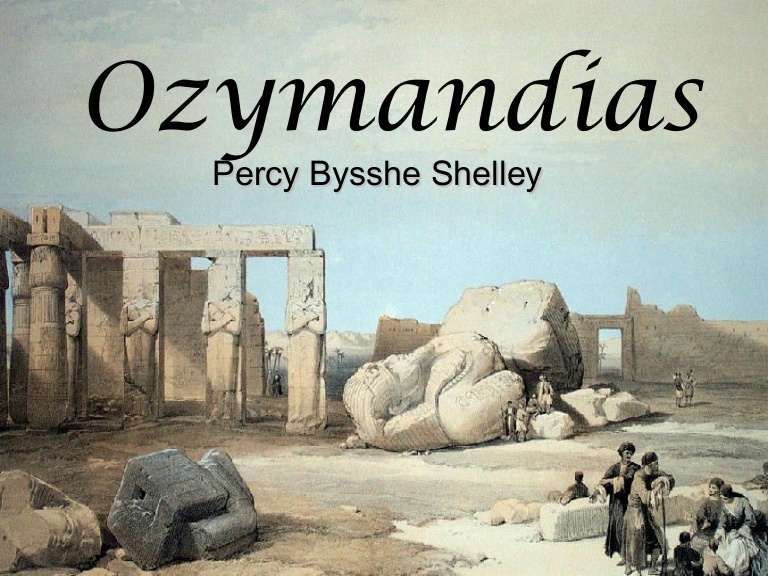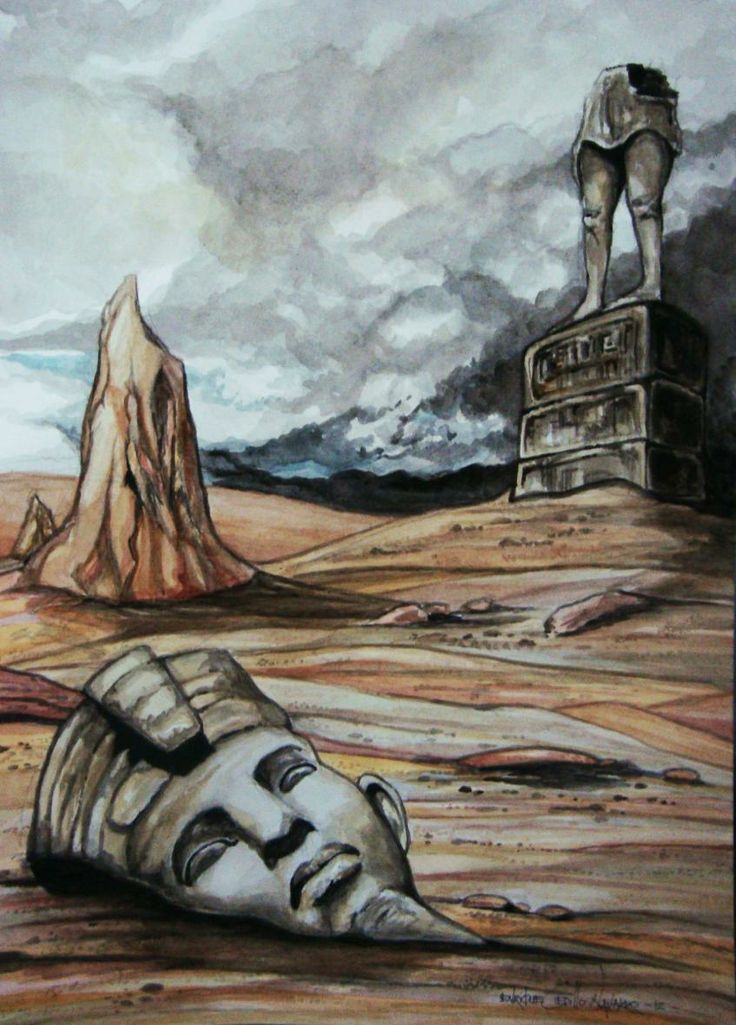About the Poet:
Pablo Neruda was not born with the name which is imprinted across his poetry collections now. He was born as Neftalí Ricardo Reyes Basoalto in a Chilean household and he took up the pen name of Pablo Neruda inspired by his inspiration, the Czech writer Jan Neruda when he took to writing. This was done in order to avoid any altercation with his family, especially his father who was opposed to his career as a poet and wished for his son to occupy a ‘practical’ profession. Born on July 12th, 1904, Neruda is known worldwide for his poetry, biographies, and memoirs. He wrote extensively in Spanish and has now been translated widely into English and other languages. In 1971, Neruda was awarded the Nobel Prize for Literature which brought in a lot of controversies due to the poet’s reputation as a political activist. He fell prey to Prostrate Cancer and departed from the world on the 23rd of September, 1973.
Neruda had a very interesting life as he occupied a lot of diplomatic posts and also served as the senator for the Chilean Communist party. Due to his communist roots, Neruda spent a vital part of his life in exile when the Conservative Chilean President González Videla outlawed communism in Chile, and a warrant was issued against his name. Neruda wrote prolifically after his exile was over when he could walk freely in Chile again.
It is difficult to pinpoint Neruda’s style of writing. He has worked with a lot of genres such as romantic poetry, surrealist poems, historical epics and even political manifestos. Some of his poems are strongly laced with exotic sexual passion whereas some serve as the window to the Communist shade of his mind. He wrote about a lot of socially relevant topics and is revered as one of the best poets to have written on love and sexuality.
One can ascertain the impact which Neruda left on the world of writing and Literature by looking at Gabriel Garcia Marquez’s comment which puts him on a high pedestal as the “the greatest poet of the 20th century in any language.””
About Keeping Quiet:
Keeping Quiet is an eloquent piece on peace, humanity, and brotherhood by Pablo Neruda which is as explosive as it is quiet. In a very calm fashion, Neruda leaves us with a world of wisdom in the poem. His calmness is cleverly poised because Neruda figured that staunch activism was not the aptest way to get into the heart and minds of the masses. So, he speaks with much serenity to his readers in the poem and it is this serenity which creates an aftermath of thought ripples in the minds of the readers as we feel influenced to act on his message.
Keeping Quiet has not been addressed to any specific audience by Neruda. It is one of those timeless pieces which speak to all humans belonging to all walks of life, irrespective of their nationality. This has given the poem a sort of global status which is why even after being translated into several languages; the impact which the poem exerts remains constant.
Although this poem of Neruda’s does not deal with love or sexuality, the exotic factor which characterizes his writing is not amiss in Keeping Quiet. He has simplified and beautified peace and humanity in his poem and almost given it a sensuous feel. This makes the poem reminiscent of the famous lyrics of Bob Marley on the same topic.
Keeping Quiet’s strongest suit is that it appeals to the heart of the readers as opposed to the intellect. Through this poem, Neruda wants his readers to get thinking and pondering as opposed to stimulating them intellectually.
The Setting of Keeping Quiet:
One would not be wrong to gauge that in spite of the apparent calm composure of the poet in Keeping Quiet, the implied mood is that of activism. Neruda speaks in this poem from a global vantage point so the setting is the whole world. He speaks to all humans of the world, irrespective of creed and class. Because of the universality of the poem’s theme and central idea (which will be discussed at length at a later stage in the analysis) it is difficult to bind the poem within a fixed timeframe. One can say that the poem is ageless like all great literature should be.
Annotations of Keeping Quiet:
Count to twelve: Counting has been considered as an act of calming down by psychiatry
The face of Earth: The entire world without any exceptions
Exotic: strikingly unusual, sensuous
Sudden Strangeness: Absolute calm is something which is hardly practiced by us. The act of ‘keeping quiet’ all at once, is bound to fill us with a sense of unfamiliarity since it a practice so alien to humans who always feel the need to be in some activity, as professed by the poet in the poem eventually
Cold Sea: Reference to the colder, more obscure parts of the world
Hurt Hands: Taxing manual labor such as gathering salt has a corroding effect on the hands
Green Wars: Wars on Nature
Gas: Reference to gas bombs
Clean clothes: note of anti-violence struck by the poet through this phrase
Total inactivity: Dormancy
Want no truck with death: The poet does not want the readers to misunderstand the stillness he recommends for death
Single minded: Narrow in thoughts, having a lack of a vision while thinking
Sadness of never understanding ourselves: the feeling of discontent emerging from being unaware of our mental composition, capabilities and all our desires
Some online learning platforms provide certifications, while others are designed to simply grow your skills in your personal and professional life. Including Masterclass and Coursera, here are our recommendations for the best online learning platforms you can sign up for today.
The 7 Best Online Learning Platforms of 2022
- Best Overall: Coursera
- Best for Niche Topics: Udemy
- Best for Creative Fields: Skillshare
- Best for Celebrity Lessons: MasterClass
- Best for STEM: EdX
- Best for Career Building: Udacity
- Best for Data Learning: Pluralsight














